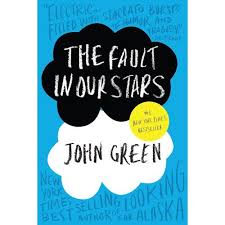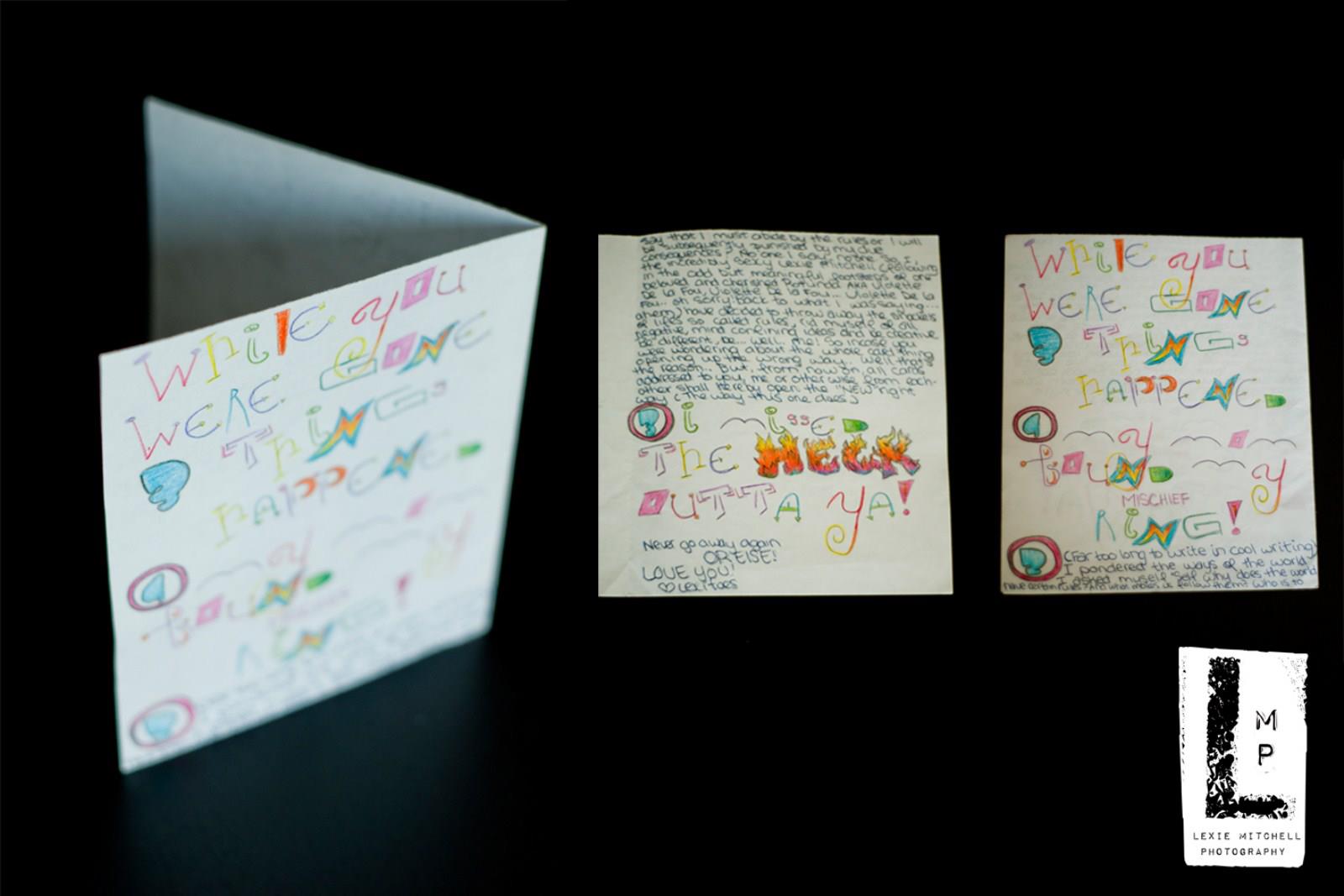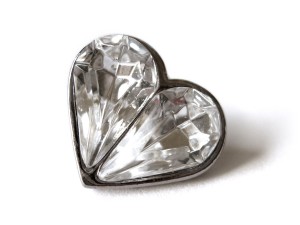I can’t help but keep thinking about this, so I thought I would take it to the virtual page. Indulge me, for just a moment.
My mom sent me a video this week, along with a personalized greeting, saying she thought I might be interested in it because I love bikinis so much.
Totally true. Some women have a weakness for shoes, or snow globes, or faceless porcelain statues that I will never understand. But hey, no judgement. I collect bikinis, so I’m equally as strange. I never really spend a lot on them, but it’s one of those things that immediately catches my eye in a store and lures me in like an unprotesting fish on a line, ready to dine. (As a side note, I had quite the array until my ex preemptively threw out most of them as soon as I moved out, but had yet to remove all of my stuff. I’m over it. Sort of. Anyway, I have since started collecting once more.)
So, automatically, I was intrigued by her email. I clicked on the link.
You are welcome to watch it. But, be warned, it did disturb me and continued to do so, more and more, as time passed and the girl’s message really sank in.
If you don’t want to watch, the gist of the ten-minute video is this: the bikini has a long history, stemming from the times when women wore great ballooning outfits and required bathing houses, where they would change into their ridiculous costumes and be wheeled down to the water’s edge, so no one would catch sight of an offensive bare leg or arm.
The bathing suit, of course, evolved and the invention of the bikini was quite a scandal in its day. The creator had to hire a prostitute to model it, because no self-respecting French girl would come near something so itsy-bitsy.
And now we have modern day, where the beaches and pools of the world are filled with all sorts of tiny swimwear for women. People see it as a sign of female power. But is it? The speaker references two studies conducted on the male brain, to measure the true effect of seeing a woman in a bikini. Basically, the part of brain most associated with tools lights up like a Christmas tree. He links the picture to present tense, first-person verbs, like “I grab, I handle.”
Therefore, she suggests, it isn’t actually a form of power, beyond having the ability to turn men into neanderthals. Instead, we should be reverting back to “modest dress”–especially when it comes to what we wear around the pool. She has started her own swimwear line, which make the 60s swimsuits look relatively “cheeky.” Her argument is that this is more empowering for women.
So, here is my reaction: ARE YOU FREAKING KIDDING ME?
Ahem, let me be more eloquent in my assessment. By only referencing studies of the male brain, she seems to be saying that the perceptions of others (specifically those of the opposite sex) should be the only thing that shapes how we see ourselves as women. That we should accept that power exists solely in the position of the voyeur.
Where are the studies of how the female brain is affected by seeing another woman in such swimwear? Or, better yet, the female brain when she is wearing the bikini herself? Why are we STILL looking to men for approval and, I choke on this as a write it, permission for power?
All things in proper context of course (I would never wear one walking down the street, the same way I don’t wear a parka to the beach in July), but I love wearing bikinis. I put my collection to good use in the summer and on vacation. They’re colourful and playful: fashion as a reflection of myself. I enjoy feeling the sun on my skin, the water rushing past me in the pool (and not getting dragged down by copious amounts of material). I work hard to stay healthy and be fit, and I think I deserve to wear whatever it is that makes me feel good about my body. Do guys stare at me at the beach? I don’t know. BECAUSE I DON’T CARE ENOUGH TO NOTICE.
I feel good. I feel confident. I feel powerful. And it has nothing to do with how other people see me.
Now, my mother meant no harm by sending me the link. She simply was giving me something to think about, which I always appreciate. However, I whole-heartedly disagree with the message of the video.
If you want to wear a dress in the pool, if that’s what makes you feel good, powerful and fashion-forward, two-thumbs up to you. Go ahead. I say this with a straight face, no sarcasm. Seriously. Fashion is all about personal expression.
But I’ll stick to my bikini, thanks.



